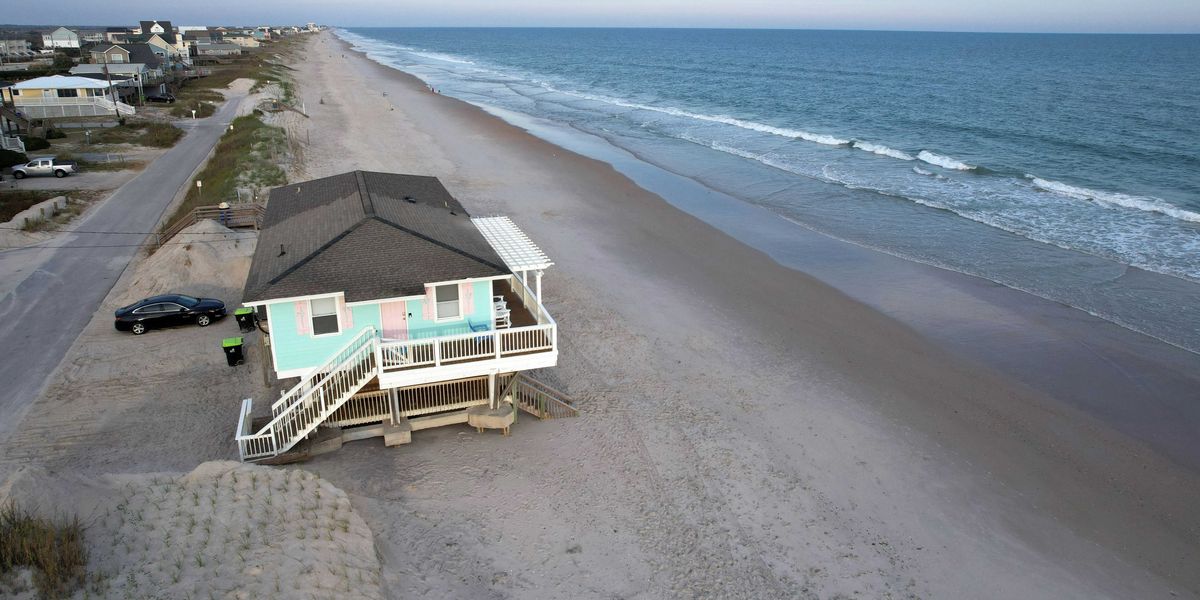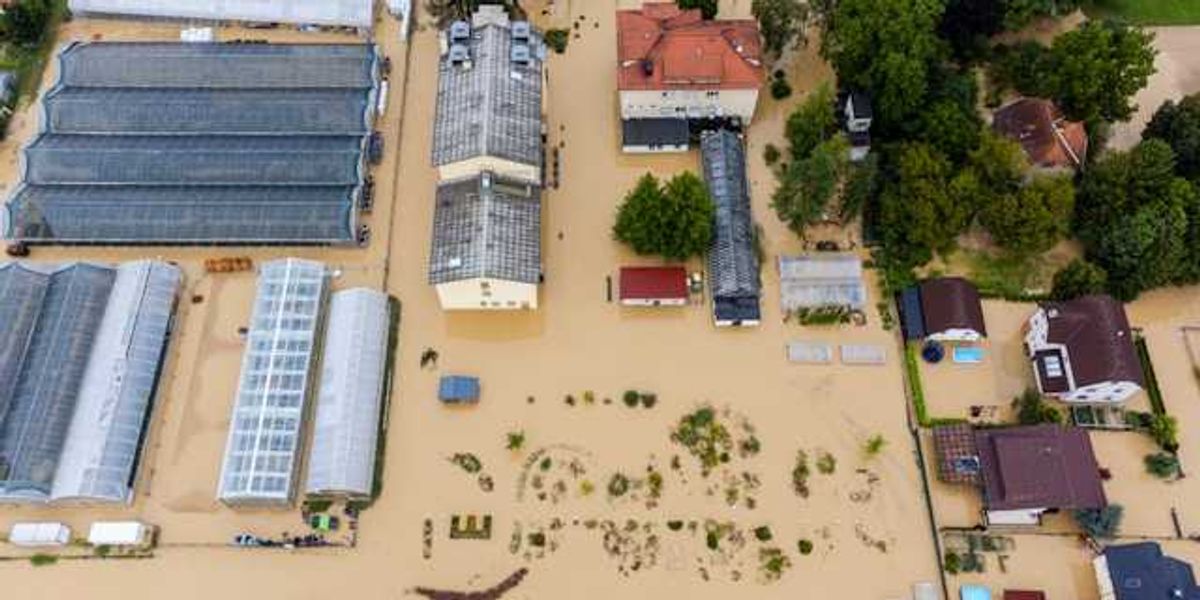Senators investigate Allstate and State Farm for slashing storm insurance payouts
After Hurricanes Helene and Milton devastated the Southeast, insurance adjusters and homeowners testified that Allstate and State Farm systematically reduced claim estimates to limit payouts.
Anna Phillips and Theodoric Meyer report for The Washington Post.
In short:
- Two independent adjusters said Allstate pressured them to revise damage assessments downward or replaced them with more compliant adjusters.
- Homeowners described receiving initial estimates far below actual repair costs, only for subsequent assessments to be cut again after internal reviews.
- Lawmakers, including Republican Sen. Josh Hawley, called for accountability after hearing widespread claims of manipulation and underpayment by insurance companies.
Key quote:
“Frequently, these alterations and deletions are simply false. There is no room for discussion. If an adjuster resists, the claim is reassigned to someone who complies.”
— Clifford Millikan, property adjuster, Pilot Catastrophe Services
Why this matters:
As climate-driven storms become more intense and frequent, millions of Americans will rely on their insurance companies to help them recover. But when insurers appear more focused on reducing losses than helping policyholders rebuild, the public safety net frays. The testimony from adjusters and homeowners paints a troubling picture of systematic efforts to downplay damage and deny fair compensation, especially after catastrophic weather events. These allegations echo patterns seen after previous disasters like Hurricane Ian and recent California wildfires, where residents accused insurers of withholding or drastically reducing payments. With more storms on the horizon and rebuilding costs climbing, especially in under-resourced communities, delayed or denied claims can deepen trauma, prolong displacement, and force families into debt.
Read more: Insurance woes increase as climate change impacts profitability













